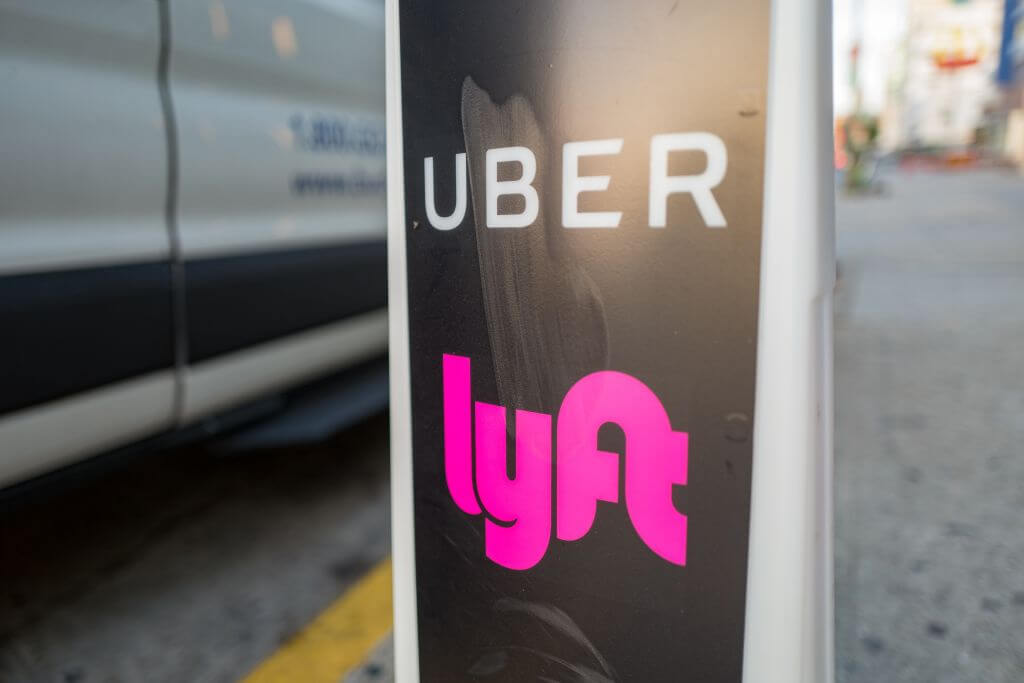Companies like Lyft and Uber claimed benevolence. They argued that AB5 would force them to raise prices and cut their number of workers, if not withdraw completely from the state. They wanted to help their workers so much that they spent more than $200 million convincing voters that basic labor rights would harm drivers.
Labor experts, activists, and organizers collectively warned the public that Prop 22 would set a dangerous precedent for pay and working conditions, but their warnings were drowned out by the barrage of corporate propaganda. Big Tech even elicited support from some racial justice organizations, which proceeded to make the case that precarious gig work provides jobs to people of color and is therefore an anti-racist endeavor.
In the end, gig companies got the victory they paid for. And they won it by confusing voters: leading up to the election, polling showed that 40 percent of people who expressed concern about workers’ interests voted yes on Prop 22. The ballot measure was later ruled unconstitutional by a judge, but its success changed the game for gig companies, providing a blueprint for how to cut down on labor costs and maximize profits at workers’ expense.
One of the most progressive states in the country had just voted to gut worker protections. It was time for Uber, Lyft, and their contemporaries to take the show on the road.
The Massachusetts State House is currently…







